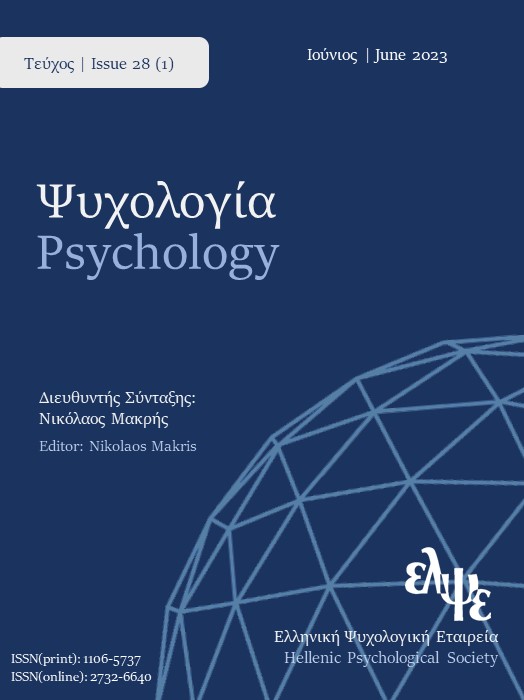Working mothers in Greece during the COVID-19 pandemic: The conceptualization of “good motherhood” in conditions of lock-down and teleworking

Abstract
The onset of the COVID-19 pandemic in Greece in March 2020 caused many changes in daily life. Mothers’ duties increased dramatically during the pandemic, as external childcare support was practically non-existent. Working mothers had to manage their different roles and identities at the same time, with teleworking becoming mandatory. This article aims to understand how contemporary working mothers in Greece conceptualize “good motherhood”, taking into consideration the particularities of the pandemic. Eight working mothers with children between the ages of 3 and 18 from various parts of Greece responded to a public invitation posted on a popular social media platform. They participated in a semi-structured online interview during which they were invited to talk about their experience of the lock-down in relation to their role as working mothers. The interviews were transcribed and analyzed using the Interpretive Phenomenological Analysis (IPA). A common theme that emerged from their stories was the experience of loss of control over their lives and possibly a loss of the multiple dimensions of their identity, which appeared to have been reduced to being just a mom. Gender and parenting ideologies present prior to the pandemic continue to affect working mothers’ experiences during the pandemic.
Article Details
- How to Cite
-
Psalti, A., & Antoniou, C. (2023). Working mothers in Greece during the COVID-19 pandemic: The conceptualization of “good motherhood” in conditions of lock-down and teleworking . Psychology: The Journal of the Hellenic Psychological Society, 28(1), 63–77. https://doi.org/10.12681/psy_hps.31518
- Section
- SPECIAL SECTION

This work is licensed under a Creative Commons Attribution-ShareAlike 4.0 International License.
The journal PSYCHOLOGY adopts a Platinum open-access policy. Submission, processing or publication costs are waived by the Hellenic Psychological Society. Papers published in the journal PSYCHOLOGY are licensed under a 'Creative Commons Attribution-ShareAlike 4.0 International' licence. The authors reserve the copyright of their work and grant the journal the right of its first publication. Third-party licensees are allowed to use the published paper immediately after publication as they wish, provided they retain the defined by the license copyright formalities, regarding the reference to its author(s) and its initial publication in the journal PSYCHOLOGY. Moreover, any adjusted work should be shared under the same reuse rights, so with the same CC license.


